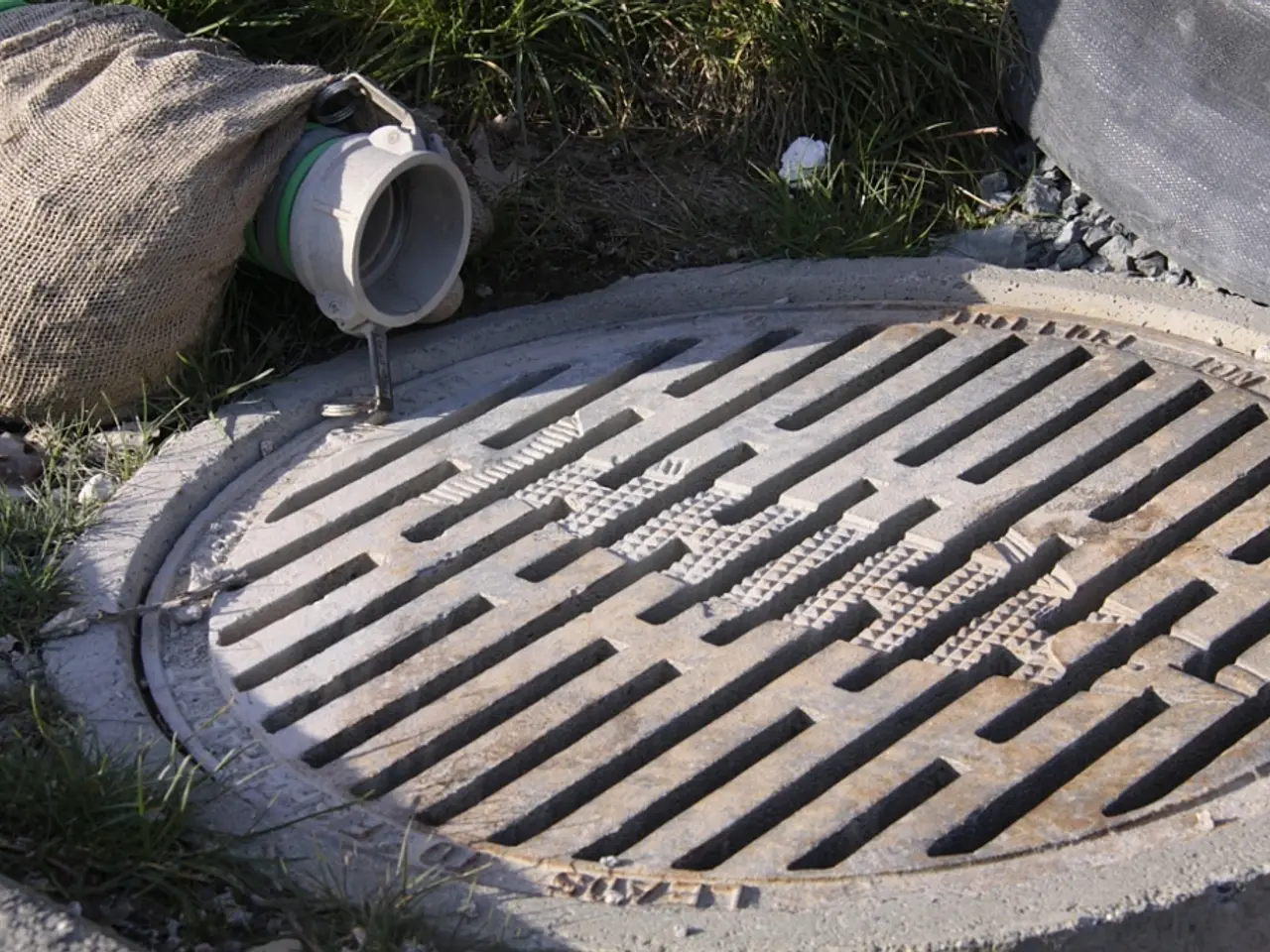Pennsylvania Senate Approves First-Ever Severance Tax on Natural Gas
Pennsylvania's Senate has approved a budget that includes a severance tax on natural gas for the first time, reigniting a long-standing debate over the issue. The proposed tax is unlikely to significantly impact government revenues or the investment climate for Marcellus shale developers, but it has sparked discussions among various interest groups.
The proposed severance tax would be applied to each unit of natural gas produced from unconventional wells, with the rate varying based on the Henry Hub spot price. If a severance tax of $0.025 per mcf had been applied to 2013 production, it would have raised around $90 million, adding 0.26% to the state's tax revenues. This tax would be levied in addition to the existing Impact Fee, ensuring local governments continue to be compensated for drilling-related costs.
The debate over a severance tax has been ongoing in Pennsylvania for several years, with various groups having different interests and goals. Natural gas companies may argue against the tax, as it would reduce their profits and potentially lead to higher consumer costs. State and local authorities see the tax as a potential revenue source for public projects or debt reduction. Environmental and conservation groups might support the tax as a way to mitigate environmental impacts and promote sustainable practices. Workers' unions and energy sector employees want to ensure the industry remains strong to secure jobs, while also addressing environmental and health concerns. Consumers and communities may view the tax as a way to support natural and economic energy solutions without harming the environment, with the hope that some of the revenue will be invested in local projects to improve quality of life.
The proposed severance tax in Pennsylvania is expected to have a modest impact on government revenues and the investment climate for Marcellus shale developers. As the debate continues, various interest groups will likely engage in negotiations and compromise to shape the final form of the tax, with the goal of balancing economic growth, environmental protection, and job security.
Read also:
- U.S. CBP's Operation Plaza Spike Boosts Fentanyl Seizures Along Arizona-Mexico Border
- Tesla's EV Market Share Plummets in Europe, US Competition Intensifies
- Catastrophe at a U.S. Steel facility in Pennsylvania results in the loss of two lives. crucial details unveiled
- Two 'Last Generation' Activists Sentenced for Cologne/Bonn Airport Runway Blockade




